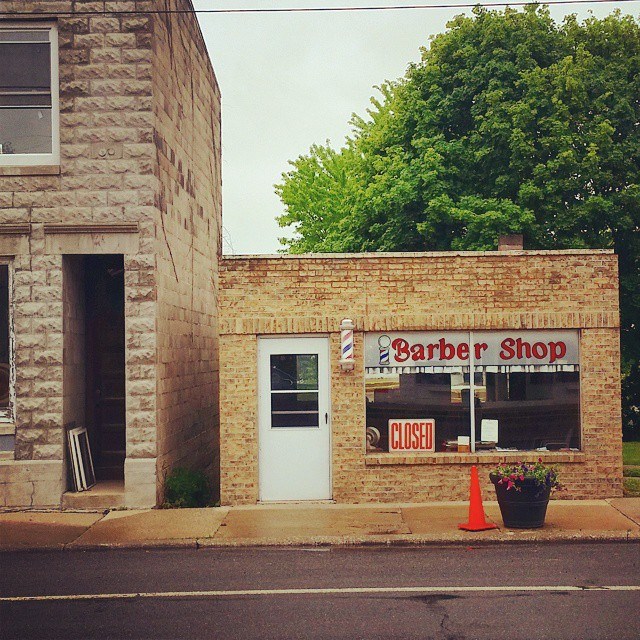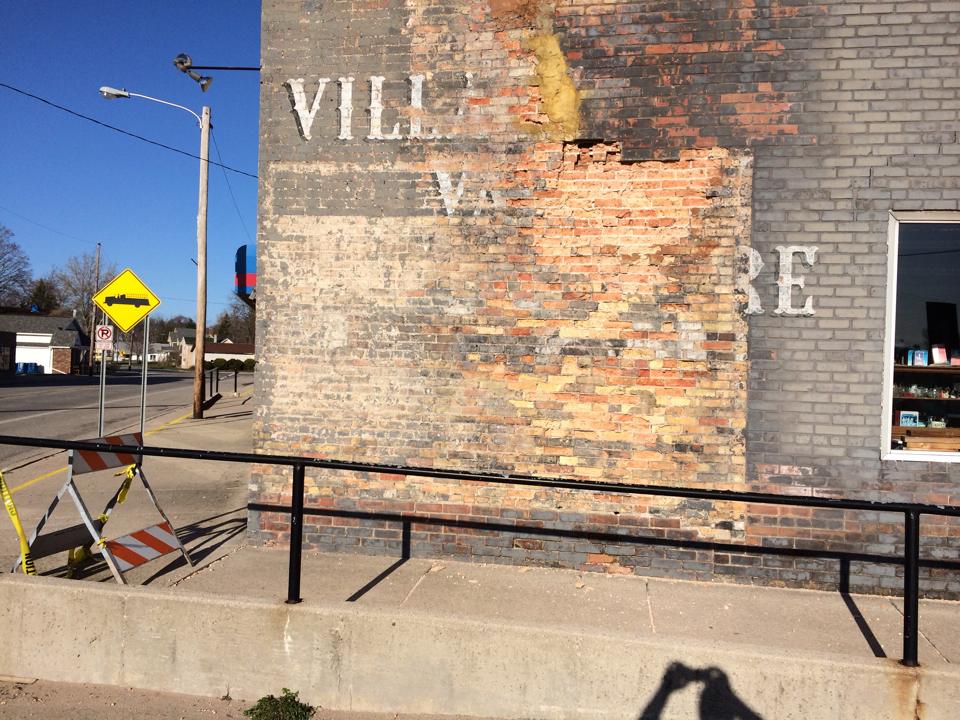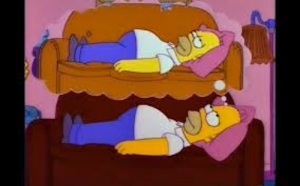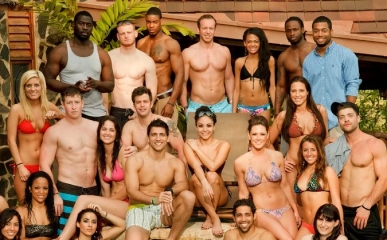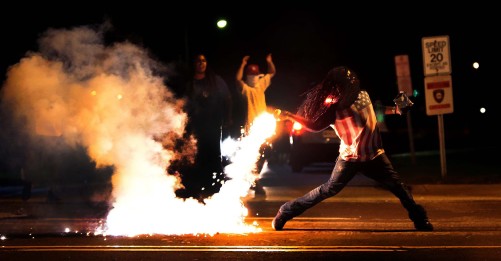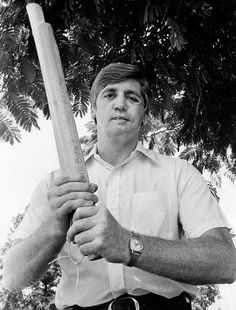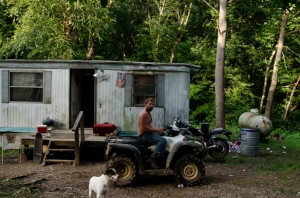Hope, Heartbreak, Hope: Our Struggles with Pregnancy Loss and Infertility
*** This post was co-written by Luke Allen and Alex McCauslin. We’re a married couple. This is not the type of content Luke usually writes about on this blog and it’s an anxiety inducing thing for both of us to put into the public. But we think it’s important***

Where We Are
We’re expecting our first kid. If this is news to you, don’t feel too left out. We haven’t shouted it from the mountaintops of Facebook and Instagram. Before you ask, the due date is November 26th and we don’t know the sex– it’ll surprise us delivery day.
We’re excited and nervous. We’re doing what we can to get ready. Hopefully we’ll be good parents. Hopefully our child will be able to experience all the joy and beauty and meaning in the world that we have– and more. Much of that will come from family and friends. Much of that will come from the love of lots of you reading this. Thanks in advance.
Neither of us ever felt that having kids was necessary to lead a fulfilled life. We’ve found great joy in our relationships, with each other and with all the people we love. We’ve found meaning in our work to make the world a little bit better for everyone, in some tiny way. We’ve found beauty in community and nature. Having a kid means sharing all of this with someone and, we imagine, learning about and experiencing life from a whole new perspective. Surely it will transform our little world in ways we can’t comprehend right now. Like we said: exciting and scary.
Where We’ve Been
However, the main point of this post is not to talk about what’s ahead, but to talk about the road here. It’s been a challenging couple of years for us, and a big part of the challenge is something that, for some reason, seems to be taboo in polite company: struggles with fertility and pregnancy loss. We want to share our story partly because it feels cathartic for us to tell and partly because we desperately want to help break down the taboo. For us, the hush-hush nature of infertility contributed to a terrible sense of isolation during an incredibly difficult time.
We started trying to get pregnant in summer of 2016, right around our second anniversary. Luke expected to get pregnant relatively easily and was mostly nervous about becoming a dad. Alex suspected (read: worried obsessively) we might struggle. Turns out, Alex was right.
A Diagnosis
After six disappointing cycles with no sign of a second line on a pregnancy test, Alex went to her OB/GYN. She believed she had endometriosis (given her family history) and that this condition might be contributing to our lack of success. In looking through Alex’s file, the doctor discovered something much more alarming. A 2014 X-ray revealed a large, undiagnosed cyst on one of Alex’s ovaries. Could this be the culprit?
Despite a painful recovery, surgery to remove the cyst was successful and revealing. The tennis ball sized cyst was benign (yay!), but Alex did, indeed, have endometriosis (boo!), most of which the doctors were able to remove along with the cyst (double yay!). Alex had already done massive amounts of research on endometriosis and knew that many women fell pregnant easily within six months of this type of procedure. Success rates after this period declined to <3% chance of pregnancy each cycle, very small compared to the average, healthy young couple’s 30% chance, so the clock was ticking.
Sure enough, we finally had our first positive pregnancy test in spring of 2017. We were overjoyed and relieved. Within hours of receiving the news, Luke had made a comprehensive list of things we’d need to do before our baby arrived on January 1, 2018. We went to the doctor and had the pregnancy confirmed. But all was not potential nursery paint palettes and freshly minted copies of ‘What to Expect’; Alex’s pregnancy symptoms were mild, her hormone levels low, and her anxiety very, very high– so high, in fact, that her OB recommended prenatal anxiety therapy. In her intake session, Alex confessed her Worst Case Scenario: miscarrying while leading worship and preaching.
Miscarriage
Within ten days of this confession, as Alex finished preparing her Mother’s Day sermon at 8am on Sunday morning, she started spotting. A nightmare come true, mitigated mildly by a weepy cuddle in our bed, the encouraging texts of a friend, and the warm smile of her own mother, who’d come to hear her daughter preach.
Alex did not miscarry that morning. The spotting continued into the week, but things began to look up. Her hormone levels continued to rise and an ultrasound confirmed that the seven week old embryo had a strong and regular heartbeat. We saw it flicker and flash in black and white. We even took home a picture and texted our hope to our parents.
Sadly, only four days after we witnessed that miracle of new life, the miscarriage began in earnest.
It’s tough to describe what going through a miscarriage is like– after all, they’re different every time, and for every couple– but losing a desired pregnancy universally sucks. For Alex, it was physically painful, with labor-like contractions and lots of blood. For both of us, it involved grieving for the past and the future at the same time, grieving for someone we loved but didn’t know. We were also grieving a sense of hope: there was a constant worry about whether we would even be able to get pregnant again, especially given Alex’s endometriosis.
When we got back from the hospital, Alex’s parents came over to bring us dinner and Luke went for a long run in the rain. We each called the handful of people we had told about the pregnancy. Everyone was supportive; some of them cried with us. Alex miscarried on a Saturday and on Sunday we went to Mass at Luke’s parish. The priest laid his hands on us and prayed for our loss and our continuing desire to one day be parents. For us, receiving such a blessing under the bright yellow, domed ceilings and crucifixes of St. Charles Borromeo eased us into an acceptance of our own experience of blood and pain, life and death, anxiety and hope. Even Alex- remember she’s a pastor– was a little surprised at how powerfully comforted we were by such a simple religious service and ritual.
Over the next few weeks we would both periodically break down in tears, often thinking about the little heartbeats we had seen, always worried about whether we’d experience something like that again.
Infertility In Earnest
After a while, we started to feel like it wouldn’t happen. We were doing everything we could to get pregnant again. Timing our sex down to the hour and taking the right vitamins. Alex went on a special fertility diet: no processed food, no sugar, everything organic. Luke did his best to do the same, cutting out the mountain dew and cutting back the beer. We did this for six more months with no luck.
With the encouragement of Alex’ OB and therapist, we started going to fertility specialists at U of M. After extensive, painful and humiliating testing and the eventual double diagnosis of ‘unexplained infertility’ and ‘infertility related to endometriosis’, they laid out two options for us: Intrauterine Insemination (IUI) and In Vitro Fertilization (IVF). Though our doctor strongly advised the latter, Blue Cross Blue Shield made the decision for us. They would only cover IUIs (The rant about the need for comprehensive single-payer health care in the US goes here). So that’s what we did. After a frustrating couple of months sorting out the medication and monitoring, our first cycle with the IUI we were cautiously optimistic, and so when Alex got her period it was particularly devastating.
The worst part about infertility for us was that monthly cycle: hope, anxiety, grief. The anxiety led Alex to obsess: Was she pregnant or wasn’t she? Was her moodiness a sign of pregnancy or just PMS? Was that twinge an embryo implanting or her endometriosis acting up? The answer was always only two weeks and a pregnancy test away. (She peed on a lot of sticks.) The disappointment and frustration each month when her period came nearly always brought both of us to tears, especially as time wore on.
Eventually, it got hard for us to be around pregnant people or babies. It made us sad and jealous. Alex began to avoid baby showers and her pregnancy and baby-loaded Facebook feed. Seeing a pregnant woman often caused a physical ache in her chest.
Still, this desire to pull away made us angry at ourselves, too: why couldn’t we just be happy for them? We loved our (seemingly) more fertile friends and family and genuinely wanted them not to experience this same type of struggle we were going through, but the emotional labor of expressing our happiness for them when we felt so sad often felt too much to bear.
While we were waiting for the results of our second IUI, Luke’s cousin called to say his wife was pregnant. We were legitimately happy for them, but there was an ugly part of each of us that felt it was unfair. Fertility problems can turn you into a version of yourself you don’t like.
If the second IUI didn’t work, our plan was to try one more cycle of IUI and then start the adoption process. After years of trying to get pregnant, we were one month away from admitting we weren’t meant for it. And that would have been fine, but it would have been different. Not worse different– let us be clear: we’ve always felt adopting that is a noble thing to do, more noble than having your own kid, and we know it can be meaningful in every way that raising your own biological child is– but different. It would have required some reckoning and a lot more grieving. It probably also would have required a lot more money than people like us have, but somehow we would have made it work.
However, days after receiving this call, we got tiniest hint of a positive on a pregnancy test. Only someone who’s struggled to conceive will understand, but there’s a big difference between a ‘very faint line’ and a ‘strong positive’ on an at home pregnancy test. By the next morning, the line had disappeared altogether, signalling a much dreaded chemical pregnancy (when the pregnancy ends even before your expected period). Emotionally exhausted, we cried over breakfast with Luke’s mom who was in town and supportive as ever.
A Change in the Storyline
Still, Alex’s period didn’t start and hope (or a pregnancy test obsession?) prevailed. Alex took another test. And then a blood test to confirm. Turns out she was pregnant again.
And this one stuck. It’s increasingly likely that in late November we will be bringing home a healthy baby. Every night before we go to bed we pray a prayer of gratitude for this. And then we ask God to keep it that way. Please understand, the struggle, the anxiety, the ‘this could all go wrong again’ feeling– it hasn’t left us. It may be here to stay. From the stories of others as well as our own unfolding experience, we know that pregnancy after loss and pregnancy after infertility is often as anxiety fraught as it is relieved and happy. That to-do list that Luke made after our first positive pregnancy test in the spring of 2017? This time, we didn’t pull it out until after we’d gotten the results of of mid-pregnancy ultrasound.
Of course, we’re overjoyed. Friends, family, church members sharing that joy with us has been a wonderful experience. When you’re expecting, people are so generous to you. It’s a beautiful thing.
But the tough times are still with us. We’ll always remember the anxiety of waiting to take a pregnancy test. We’ll always remember the crushing feeling when Alex got her period, month after month after month. We still have the ultrasound photo from before the miscarriage, and we’ll never forget that first little heartbeat we saw, that life cut short.
We empathize deeply with other people who are going through what we went through. We recognize that our struggle was not as long or as grief-filled as a lot of people’s. We have friends that have been trying to get pregnant for five plus years. We have friends who have had two, three, six miscarriages. We’re so grateful for those friends’ openness and honesty; it made us feel so much less alone. We know there are other people that are struggling with infertility and pregnancy loss as well who haven’t shared that struggle with us. We hope you know that you’re not alone.
For Friends and Family: What Helped (and What Didn’t)
Fertility struggles are a weird, depressing, exhausting, stressful thing to go through. The longer they go on, the worse it gets. And they’re so, so common. However, throughout ours we heard from friends, family, and co-workers that they had no idea how to best support us.
Everyone is different and has different needs, but we want to say a few things based on our own experience. We hope that people reading this can take it into their relationships with other couples who are struggling.
Don’t tell a couple struggling with infertility to ‘just relax and it will happen.’ First, they’ve already heard that advice a dozen times. And whether you know it or not, whether they know it or not, many couples (like us) struggle because of physiological conditions that no amount of ‘relaxing’ will help. Perhaps most importantly, being told to ‘relax’ in the midst of this crippling cycle of hope, anxiety, and grief felt to us like being tied to an anvil and told to fly.
In fact, don’t give advice unless asked. It’s more than just a little annoying. One unexpected emotion we wrestled with constantly was personal inadequacy. Becoming pregnant was supposed to be easy and because we struggled with something that others stumbled into, even though we knew better, we often felt like we must be doing something wrong or we must be broken. The well-meaning advice of family and friends often played into this, sounding to our ears more like judgment than support.
Hope is tender and we related to it very differently. Luke was often hungry for it. He would have loved to hear a story like ours. A couple who’d struggled for years with a baby finally on the way? Perhaps, things weren’t so bad. He ate up encouragements like, ‘it still might happen,’ and, ‘you know you’re still young,’ and ‘lots of people get pregnant after they’ve adopted.’
On the other hand, Alex guarded hers ferociously. She would have back-buttoned from this piece ages ago. Investing in the little hope she had was risky enough and the encouraging words of others often felt loaded with expectation. If it didn’t work out, she’d be disappointing herself and everyone else.
How can you know whether someone is encouraged by your hope?
Listen. The people we let into our little circle of care during this time were invaluable to us not because of anything they said but because they stuck around. They listened to the sometimes clinical and sometimes gory details of all we were going to with curiosity and affection. They asked us how things were going. Some even gave us supportive gifts– a grief candle, a fertility necklace, a cool hat, a card (or six), flowers, magical Mother Mary relic rock dust, a sachet of fertility herbs. And they cried with us.
A special note about parents. In the arena of fertility and child-rearing (as in many spheres of life), parents and in-laws can be a source of immense stress and heartache. We were so lucky to be steadfastly supported by all four of ours. We know that they have yearned for this first grandchild as much (maybe more?) than we have. And yet, they never made our struggle about them or made us feel like if things didn’t work out and we couldn’t become parents they’d love us or support us any less. That meant the world to us. If you are a parent of someone struggling with fertility, your unconditional love and support of them, no matter the outcome of their struggle, is incredibly important to communicate. We are so blessed that our parents did so, unprompted.
More broadly, what we needed, what people struggling with fertility and miscarriage need, are the same things anyone going through a tough time needs: a community that supports them, and friends and family to be there for them and love them unconditionally. Sometimes all we needed was someone to say “man, that sounds like it sucks”. And we were lucky, because we had these things in spades, at the church, in our social groups, with our closest friends and with our families. But we know lots of people don’t. We all gotta do our part to try and change that at least a little.
The last two years have been tough for us. And even though our story is changing and our family is finally growing, we hope to make it a little less lonely for anyone stuck in the struggle. Our ears and inboxes are open. We might even have a little left over magical Mother Mary relic rock powder to pass along.

